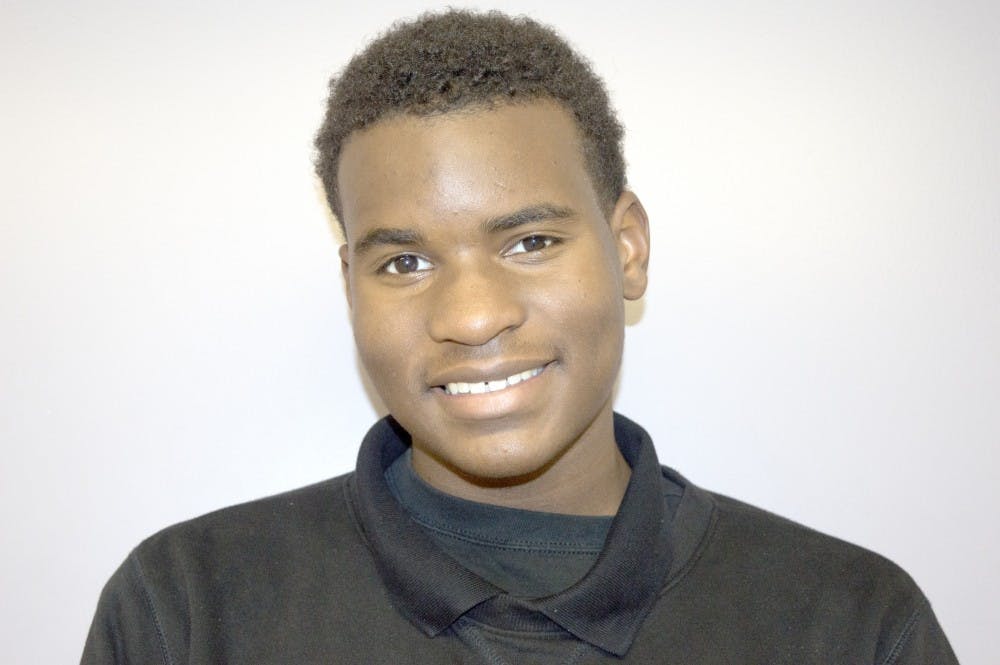
Mark Hardy II
Every December, on the 31st, people tell their peers or post on social media, “New Year, New Me.” But is this true? Why do people say in the new year they will be different? Why post that you will be a new you?
First, the majority of these individuals are placing unreal goals in their head to help console themselves.
In an post on psychologytoday.com, Susan Krauss Whitbourne, a professor of psychological and brain sciences at the University of Massachusetts Amherst, said, “You can’t change the actual events (of the past) themselves, but perhaps you can look at them differently.” Interpreting this she means that the past is unchangeable, but you can still learn from it and work on your future.
I mention this because the quote “New Year, New Me” seems to forget about the old you. So now you’re becoming something you’re not the next day which doesn’t make sense. The intellectual way would be to accept your past, learn from it and focus on improving it in the following year.
Additionally, a lot of people have different ways of looking at goals. For example, if someone says I wish to get fit before the summer I can wish luck to you, agree with you and respect you for that goal. On the other hand, you can say that you want to be fit but where is the work put in to accomplish this goal?
There’s a saying, “actions speak louder than words.” This means that the words in your mouth are strong but the actions you do to match your words can be even stronger. Nothing in life is free. No one is going to hand you a pass or any shortcuts to get to your goals. When you put goals in your head they have to mean something to you. Setting a goal that you will never be diligent to acquire is meaningless.


